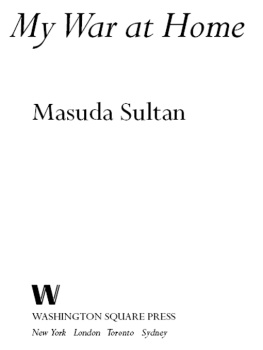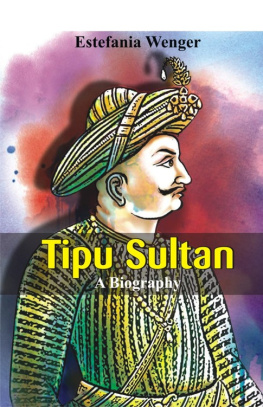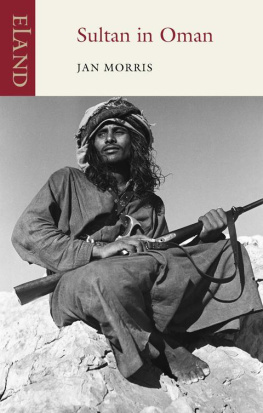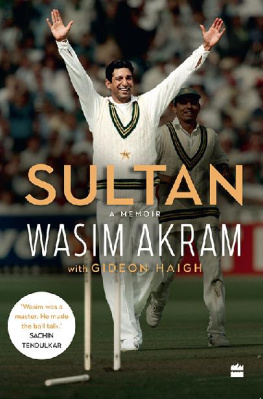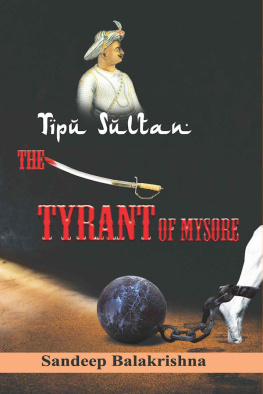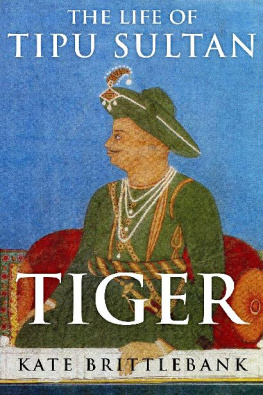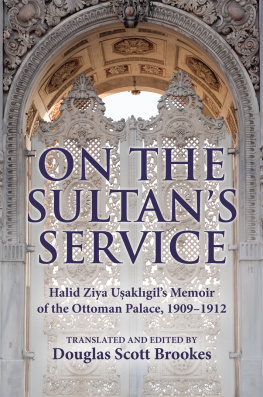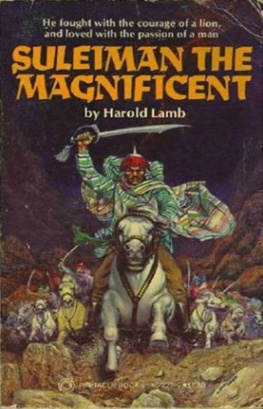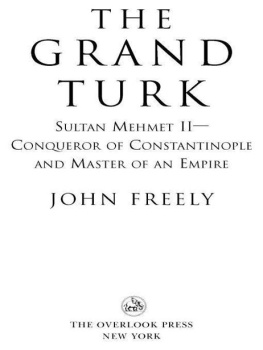All rights reserved, including the right to reproduce this book or portions thereof in any form whatsoever. For information address Washington Square Press, 1230 Avenue of the Americas, New York, NY 10020
WASHINGTON SQUARE PRESS and colophon are registered trademarks of Simon & Schuster, Inc.
To my parents and family, including those who would be called extended family or relatives in the West. In places like Afghanistan they are just family.
Acknowledgments
My special thanks to Hannibal Travis. I deeply appreciate your patience and wisdom throughout this book. Thank you to Vic Sarjoo and Deborah Bell for your encouragement and insight. You have saved me much in therapy costs, as Vic would say, and no matter how much you insist otherwise, I know I would not have done this without you. Babai, Sara, and Aziza, I will always cherish you as my siblings and friends who can understand. And Aziza, I will never forget you staying up the last night before my due date to read as much as you could and sharing your special wisdom.
My editors, Tracy Behar and Wendy Walker, at Simon & Schuster have been fabulous. Thanks also to Susan Brown for helping to sharpen the vision for this book.
Eileen Cope, you will always be the person that kicked this off and believed in it first, even before I did when I avoided you at twenty-three. I could not have asked for a better agent or one with more heart and love.
The ultimate honor is to be asked to share your story, the story of your family, and the story of your people.
Chapter 1
The Second Most Important Day
The pleasure of God is the pleasure of the parents.
Islamic saying
A t sixteen, I finally had the guts to make the call to my new husband. With my reluctant acceptance, my parents had arranged my marriage to a doctor fourteen years my senior.
I had been planning to call him for weeks now, trying to find the right opportunity, and backing out at the moment it was no longer a fantasy but a step closer to hearing his voice. I had to hurry because my mother was going to be back soon, and my younger sisters could come out into the living room at any moment.
As I dialed the operator, I felt a flash of hot fire spread across my face. It rushed through my body. Id like to make a collect call, I said uncertainly to the operatorI hoped she would tell me I couldnt and put me out of my misery. I had found the number under Doctor in the neatly written phone book my father kept next to the telephone. I hated that this was the way I was first to speak with my husband. I felt cheap, but there was no other way I could call him without my parents finding out. What if he didnt recognize who I was? They only ask your name on a collect call, and this wouldnt give me enough time to say, Im Masuda, the girl you married three months ago, remember?
What if he knew who I was and still refused my call? Would he think I was a shameless American girl? After all, he had called my parents about once a week after the ceremony to see how everyone was doing, but had made my mother proud by never asking about me. That meant that he was either very conservative, too shy to ask my parents about me, or both. In any case, it was a very appropriate way to behave, according to Pashtun culture.
Masuda Sultan. I rushed to say my full name before the operators recorder stopped. RingRingI tapped the top of the black wooden entertainment system on which the phone was resting. I was somewhat disappointed he wasnt home on a Sunday afternoon. Could he be out with a woman? I knew nothing about his personal life but wondered about it.
On the third ring, he picked up. I rushed to fill the copper wires that connected us. Salaamwalaikum . This is Masuda. Im sorry to call you this way, but I just felt that we should be speaking, and umif its a problem I can hang up and we can pretend this never happened. I was so frightened that I wished I had never called.
No, no, its fine. Dont worry. I wanted to jump in the air. So how are you? he asked.
Oh, not bad, just um, home.
He was sweet. I was ecstatic that he was happy to hear from me. This was my husband, but it felt like I was calling a secret boyfriend, which made it all the more fun. We went on to talk about his long hours at work as a doctor at the clinic.
I explained that it was already becoming too late for me to apply to college, but that my college counselor at school felt I had a really good shot at some top schools. My parents told me not to apply, to wait and see what happens. I brought up the college issue in particular to see if he really was comfortable with my attending school.
A few months back, when my parents asked me if I would agree to marry their choice, I had objected at first, saying that at sixteen it was too early for me to get married, and I wanted to go to college. My parents asked me who I would marry later on, and if I already had a boyfriend. Of course not! I said, feeling defensive, and under suspicion.
Then who will you marry, if not our choice? Maybe you are too young, but this is an opportunity you may never have again. We think youre mature enough.
They were worried they would not find a good match for me if we waited any longer, because I would then be way too educated for most Afghan men from families my parents would have known in southern Afghanistan before the war.
Eventually, I caved in, seeing the merits of my parents choice, and not having anyone else in mind. I only asked that I be allowed to continue my education through college. My parents agreed to request that Nadirs brother, who had approached them to ask for my hand in marriage, talk to Nadir about this one condition. Nadirs brother reported back to say this was acceptable.
Because there had been so many people involved in the agreement, I wanted to be sure that Nadir really valued my college education. I was relieved that he did, although he didnt give me much direction about where to apply. It was only our first call, and I had done a lot simply by achieving contact.
I had just had my first conversation with my new husband, and he suggested I call him back collect as often as I wanted. As I hung up the phone, I turned around to see my sisters in the living room. They were looking up at me curiously. I couldnt ask them what they heard or knew, because I didnt want to bring attention to it. I only hoped that they didnt notice anything, even though my face must have been red from the feeling of hot flames emanating from it.
I longed to know who my husband really was. I blamed the discomfort I had felt at times, the dead silence on the phone, on the way in which we had met. Or perhaps it was because I was a complete amateur and had never been in a relationship before. Maybe he was being nice by not saying much, and giving me an opening with his silence to talk about myself and ponder any random thought I desired. Nadir was probably the smartest man Id ever met, so I trusted his instincts. I also knew that our children would be very intelligent, if nothing else. But I wished that he could have told me how much he enjoyed speaking to me, that he looked forward to our wedding, and our life together.
I remembered the first time I met him. He came over to my parents home for dinner, with his brother and his brothers wife. As in most melmastias , or occasions where we had guests, we had spent two days preparing for their arrival. The first day my father, or Agha, had shopped for fresh halal meats and groceries, while the rest of us cleaned all day, making the entire house spotless. The day of the melmastia , we rose to the comforting aroma of sauted onions, a task that Moor, or mother, had begun long before we had come to our senses. We soon joined in, washing sprigs of mint and cilantro, using the mortar and pestle to squash garlic into a paste, and stuffing chopped meat into mantoo , spicy Afghan dumplings over which mint yogurt is poured before serving. We spent the day cooking enough food for at least twice the number of guests expected, fretting over whether it would be too little. The worst embarrassment in melmastia is not having enough food. That point is not marked by people leaving hungry, or whether the food is finished, but by whether anyone eating must question their desire to reach for a particular dish because there may be someone else who wants some. In other words, the guests must eat freely and to the greatest extent possible. Guests must also never exert themselves or be left wanting anything. They must sit and be catered to, although female guests who feel close to the family often insist on helping to clean up.

